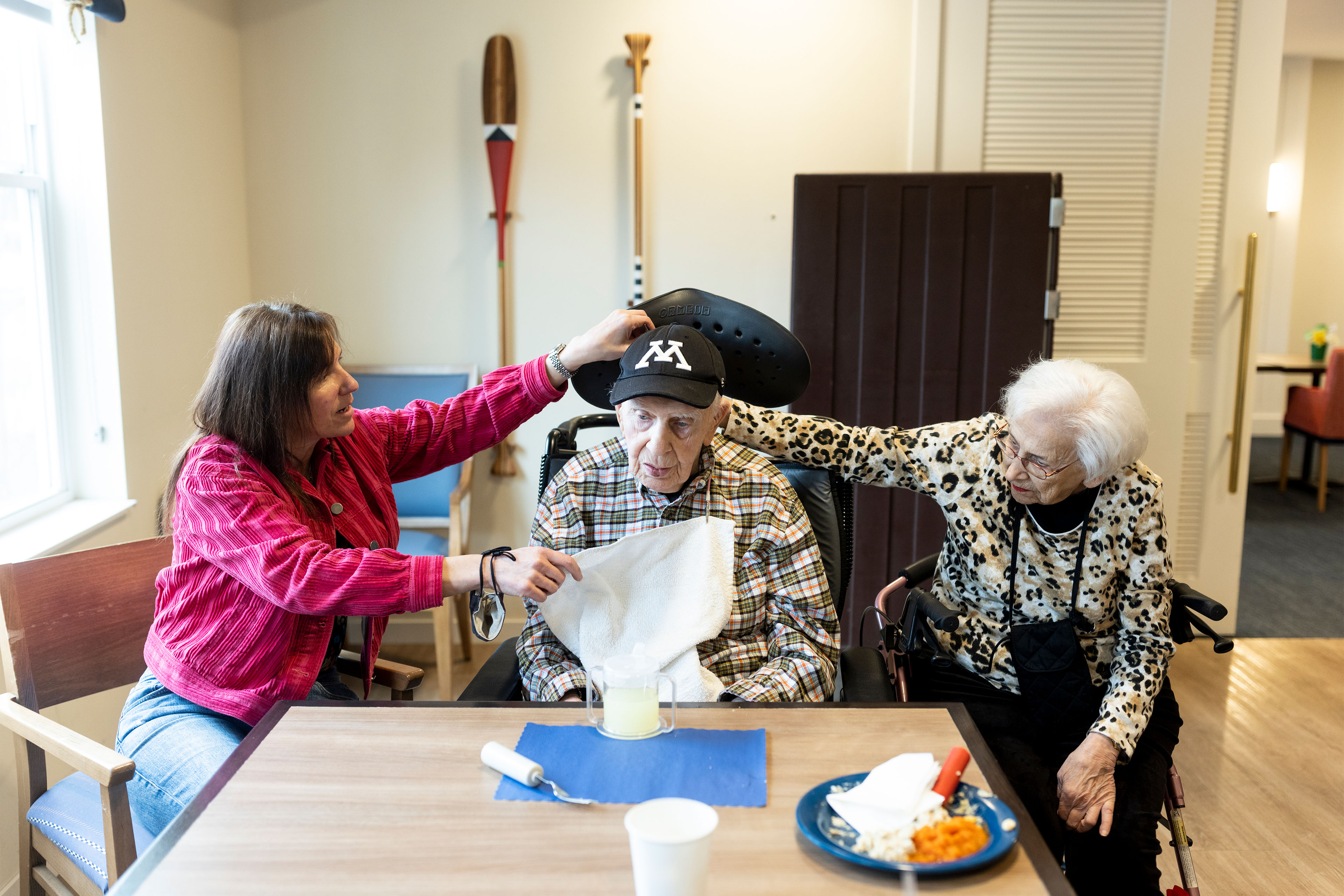Learn about personalized Assisted Living plans for elderly residents.
Learn about personalized Assisted Living plans for elderly residents.
Blog Article
Exactly How Assisted Living Facilities Enhance Top Quality of Life for Those With Dementia
The combination of engaging programs and family involvement even more improves the homeowners' experience. The complexities of dementia care continue to develop, prompting a closer examination of how these facilities adjust and introduce to satisfy the difficulties dealt with by locals and their households.
Personalized Treatment Plans
(Dementia Care Charlotte)In several situations, individuals with dementia call for tailored support that addresses their one-of-a-kind demands and choices. Customized care strategies are necessary in assisted living settings, as they ensure that each resident receives appropriate interest and solutions. These strategies are developed collaboratively, involving medical care professionals, caregivers, and member of the family to create a detailed overview of the person's case history, cognitive capacities, and personal interests.
A well-structured tailored treatment plan typically includes certain goals associated with wellness monitoring, day-to-day tasks, and social involvement. It accounts for the individual's cognitive decrease while promoting freedom and dignity. Normal evaluations and updates to the care plan are important, as they enable for alterations based upon the local's evolving condition and preferences.
Key elements of these strategies usually entail drug administration, behavior support techniques, and nutritional guidelines tailored to the individual's demands (Memory Care). By focusing on customized care, helped living centers can promote an encouraging setting that enhances the lifestyle for individuals with dementia, inevitably contributing to their general well-being and happiness. This customized approach respects the uniqueness of each citizen, ensuring they get the compassionate care they call for

Engaging Tasks and Programs
Engaging locals in meaningful activities and programs is vital for enhancing the lifestyle for individuals with dementia. These tasks not only provide enjoyment yet likewise promote cognitive feature and promote social communication, which can mitigate feelings of isolation frequently experienced by locals.

In addition, tailored programs are crucial in ensuring that each resident's unique choices and abilities are acknowledged. This tailored technique urges involvement, boosts self-confidence, and gives a sense of achievement.
Moreover, routine analyses of locals' rate of interests can assist staff customize and adjust tasks to better suit evolving needs. By prioritizing appealing activities and programs, helped living facilities can considerably improve the general experience and emotional health of individuals living with dementia.
Safe and Supportive Atmosphere
Developing a risk-free and supportive environment is essential for people with dementia, as it directly affects their health and high quality of life. Helped living facilities are designed with specific features that advertise safety while fostering a complacency and comfort. These environments prioritize access, with layouts that decrease confusion and encourage self-reliance, permitting homeowners to navigate their environments much more easily.
Safety and security actions, such as safe and secure entrances and departures, protect against straying and unauthorized accessibility, which are important considerations for individuals with mental deterioration (Memory Care). Team member are educated to identify the distinct requirements of locals, providing customized assistance and guidance to guarantee their security. Furthermore, the consolidation of soothing shades and familiar things can help in reducing anxiousness and disorientation, producing an extra soothing atmosphere.
Along with physical security, emotional assistance is vital. Facilities commonly use personnel who read here are not only proficient in caregiving yet also learnt compassion and communication, fostering count on and rapport with citizens. This alternative approach adds to a nurturing setting where people feel valued and comprehended, inevitably enhancing their general lifestyle.
Social Communication and Neighborhood
An encouraging atmosphere not just focuses on security but additionally promotes opportunities for social interaction and community interaction, which are vital for individuals with dementia. In nursing home, organized activities and communal spaces urge residents to get in touch with each other, reducing sensations of isolation commonly experienced by those with cognitive impairments.
Social communication plays a considerable function in enhancing psychological wellness and cognitive feature (Memory Care). Engaging with peers in team tasks such as video games, arts and crafts, or workout not just promotes cognitive capabilities but also nurtures a feeling of belonging. Facilities often organize events that advertise socializing, enabling homeowners to develop relationships and share experiences, which can be specifically advantageous for those with dementia
In addition, a vivid area atmosphere can boost the overall lifestyle for locals. Employee are educated to help with communications and support homeowners in developing purposeful links. By creating a society of interaction, assisted living facilities help people with mental deterioration preserve social abilities and boost their mood, eventually adding to a more fulfilling life experience. This community-oriented approach is crucial in handling the difficulties related to mental deterioration, promoting a feeling of function and connection for citizens.
Household Involvement and Support
Household involvement is vital in supporting people with dementia in assisted living atmospheres. Proactively engaging relative not only gives emotional comfort to citizens yet likewise promotes a feeling of belonging and connection in their lives. When families join treatment planning and day-to-day tasks, they contribute important understandings concerning the individual's choices, background, and requires, which can enhance customized treatment.
Moreover, regular household brows through can considerably enhance the psychological health of homeowners, reducing feelings of isolation and stress and anxiety. Relative can additionally assist in maintaining cognitive function by engaging their loved ones in familiar conversations and activities. This interaction strengthens individuality and helps locals feel valued and comprehended.

Final Thought
In final thought, aided living centers substantially improve the lifestyle for individuals with mental deterioration through customized care plans, engaging activities, and a safe setting. These aspects foster cognitive stimulation, psychological wellness, and a feeling of self-reliance. Additionally, regular social communications and strong family participation add to significant connections and psychological support. Collectively, these variables produce a holistic technique to care that addresses the distinct needs of individuals with mental deterioration, promoting total wellness and self-respect.
Report this page